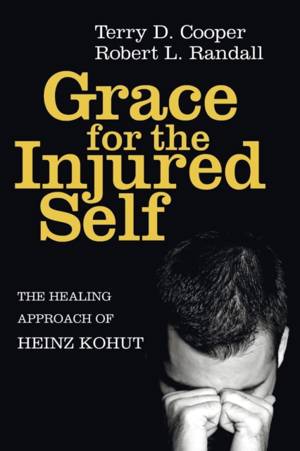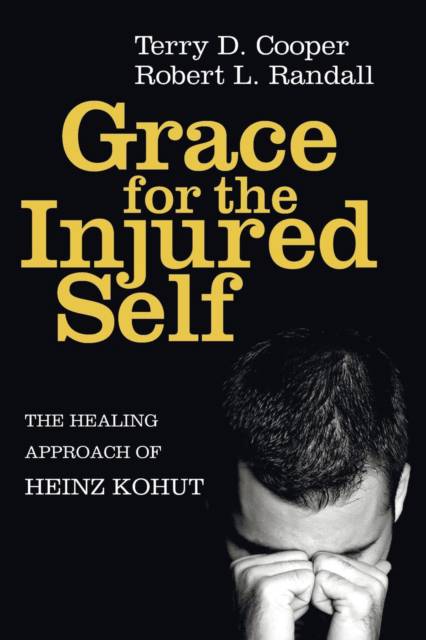
- Retrait gratuit dans votre magasin Club
- 7.000.000 titres dans notre catalogue
- Payer en toute sécurité
- Toujours un magasin près de chez vous
- Retrait gratuit dans votre magasin Club
- 7.000.000 titres dans notre catalogue
- Payer en toute sécurité
- Toujours un magasin près de chez vous
35,45 €
+ 70 points
Format
Description
Even under the best circumstances in life, we all suffer psychological injuries to our self. These injuries from others can range from passive hurtful comments to intentional abusive assaults. The end result is that our sense of being a cohesive and secure self is threatened. We may begin to experience degrees of vulnerability and self-doubts, or of rage and desire for revenge. We may even feel as if we were ""falling apart."" In all cases these self-injuries chip away at our self-cohesion and self-esteem. Grace for the Injured Self helps us to better understand the significance of these injuries to our self, as well as how these injuries can be healed through the self psychology approach of Heinz Kohut. Throughout its pages, this book emphasizes the empathic presence of another as a source of grace. Empathy is the most powerful means by which the self is reassured, strengthened, and ultimately restored. It is this empathic responsiveness of others that holds our self together and helps us daily maintain our self-cohesion and self-esteem. The self psychology perspective of Heinz Kohut, who many consider the most significant psychoanalyst since Sigmund Freud, is made available here as a primary means by which clergy and other helping professionals can provide a healing context for the restoration of injured selves.
Spécifications
Parties prenantes
- Auteur(s) :
- Editeur:
Contenu
- Nombre de pages :
- 178
- Langue:
- Anglais
Caractéristiques
- EAN:
- 9781608998395
- Date de parution :
- 07-02-11
- Format:
- Livre broché
- Format numérique:
- Trade paperback (VS)
- Dimensions :
- 150 mm x 226 mm
- Poids :
- 249 g







